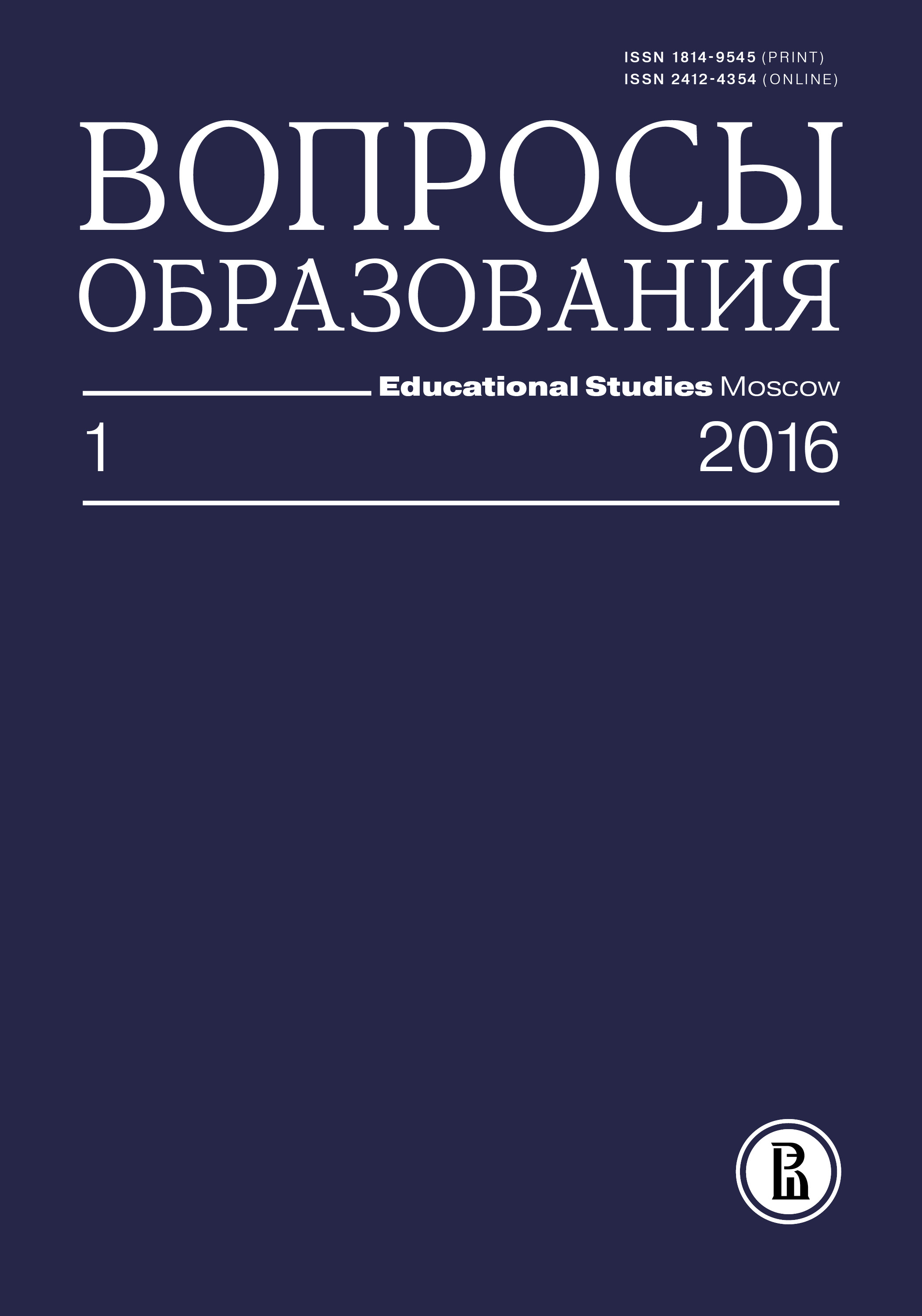Фальшивые ученые степени в XVIII веке?
Аннотация
На основе анализа новейших работ историков и диссертаций XVII–VIII вв. реконструируются важнейшие составляющие практики присуждения ученых степеней в немецких университетах раннего Нового времени. Задача реконструкции — понять, можно ли считать эту практику сопоставимой с нечестными способами получения академических степеней в современном мире. Раскрываются представления об ученой степени в европейской культуре до эпохи Модерна, рассматриваются магистерские и докторские диссертации XVII–VIII вв., обсуждается проблема их авторства, анализируются изменения, произошедшие в процедуре защиты диссертаций и историко-культурные предпосылки рождения докторской степени современного типа. Поскольку основные социальные, культурные и интеллектуальные перемены, способствовавшие появлению общепринятого сегодня понимания академических степеней, завершились лишь к началу XIX в., автор считает необоснованным предъявлять современные научные и нравственные критерии к практике присуждения их в более ранний период. Из такого заключения не следует, что фальшивых ученых степеней в Европе раннего Нового времени не было или что они были редкостью, —просто сама «фальшивость» понималась тогда иначе.








